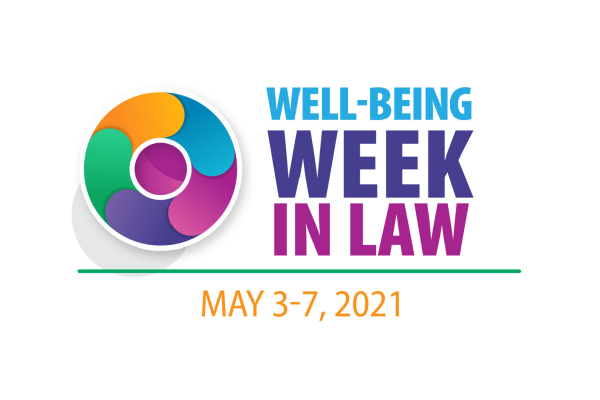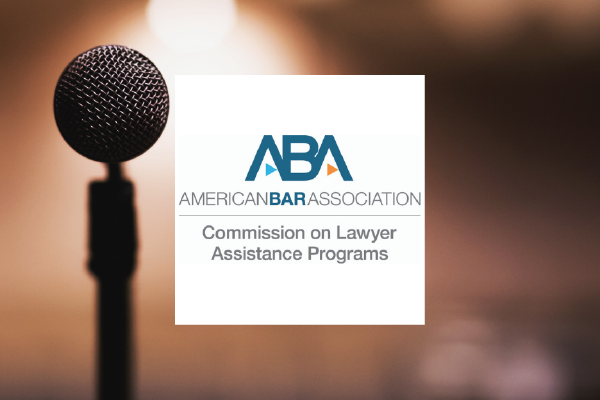The Massachusetts Supreme Judicial Court Steering Committee on Lawyer Well-Being just released its final report yesterday.
Chief Justice Gants announced members of the Committee in October 2018, in response to the clear need bring stakeholders in the legal profession to work together to improve well-being. Our Executive Director, Anna Levine, worked with the SJC to form the Committee following recommendations from the National Task Force on Lawyer Well-Being in its report on The Path to Lawyer Well-Being: Practical Recommendations for Positive Change.
Find the full press release from the SJC here — the following is an excerpt:
BOSTON, MA — The Supreme Judicial Court today announced that the Steering Committee on Lawyer Well-Being has submitted its final report to the Justices. The Court established the Steering Committee in September 2018 to explore and make recommendations regarding the state of lawyer well-being in the Commonwealth, following the publication in August 2017 of the Report of the National Task Force on Lawyer Well-Being, which found, based on nationwide surveys of practicing lawyers, judges, and law students, that many “are struggling with serious physical and mental health issues that are exacerbated, if not caused, by the way that law is practiced today.”
“We are extremely grateful to the Steering Committee members for their thoughtful work and comprehensive analysis,” said Supreme Judicial Court Chief Justice Ralph D. Gants. “The SJC will carefully study the recommendations the Steering Committee has provided in its report and develop a plan of action to set this important work in motion.”
The members of the Steering Committee represented different types of legal practices and work, including lawyers in solo and in small firm legal practices, lawyers in large law firm practices, lawyers practicing in the public sector, in-house corporate counsel, legal services attorneys, judges, law students, bar associations, and the entities that in Massachusetts regulate legal practice and assist Massachusetts lawyers. Each Steering Committee member worked with lawyers in the same type of practice or field. Those subcommittees sought to identify the most significant issues that interfere with the well-being of many in that field and may underlie “the chronic stress and high rates of depression and substance abuse” that had been identified in the national lawyer and law student surveys. Building on the work of the subcommittees, the Steering Committee’s Report discusses those issues and makes recommendations to address them. The recommendations are addressed to the particular institutions, entities, or organizations with the power and authority to implement them.




